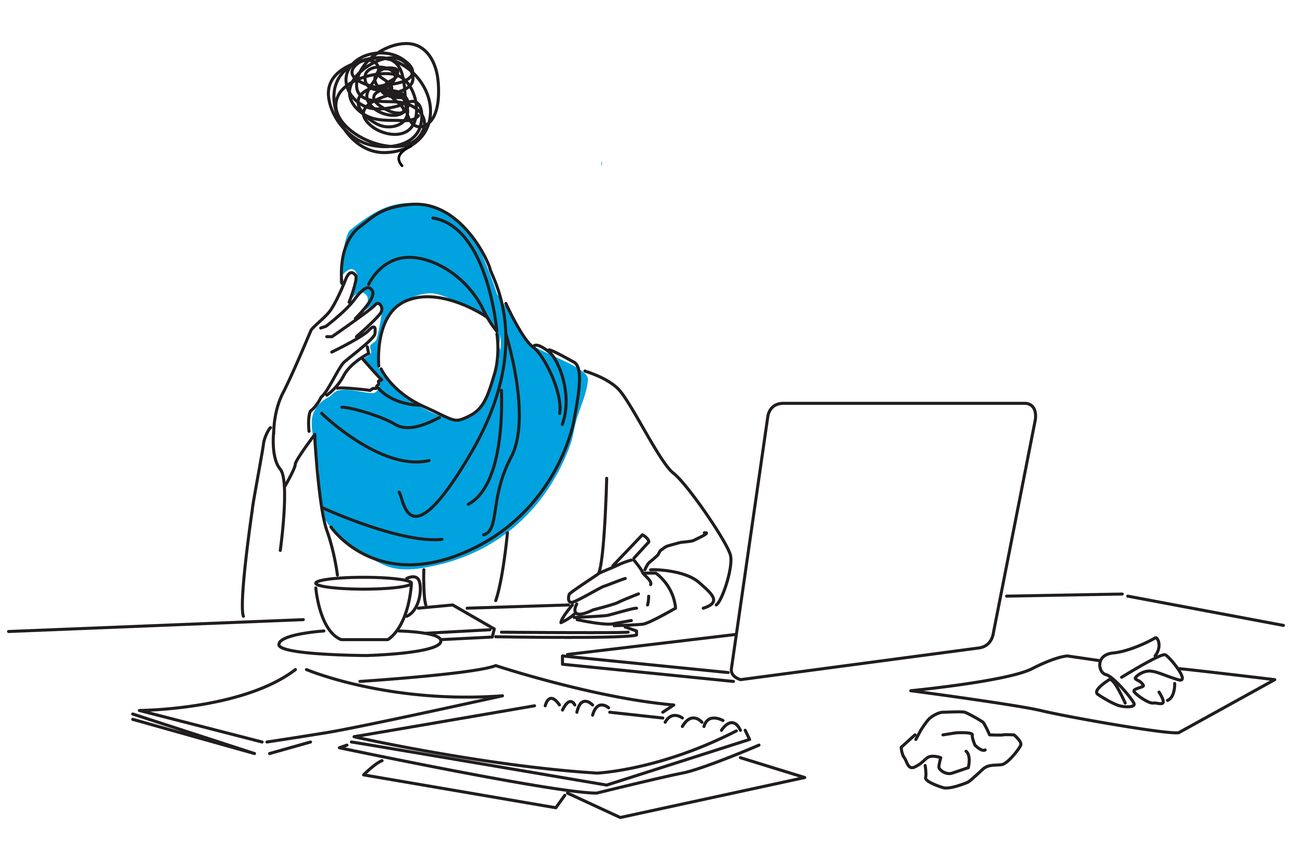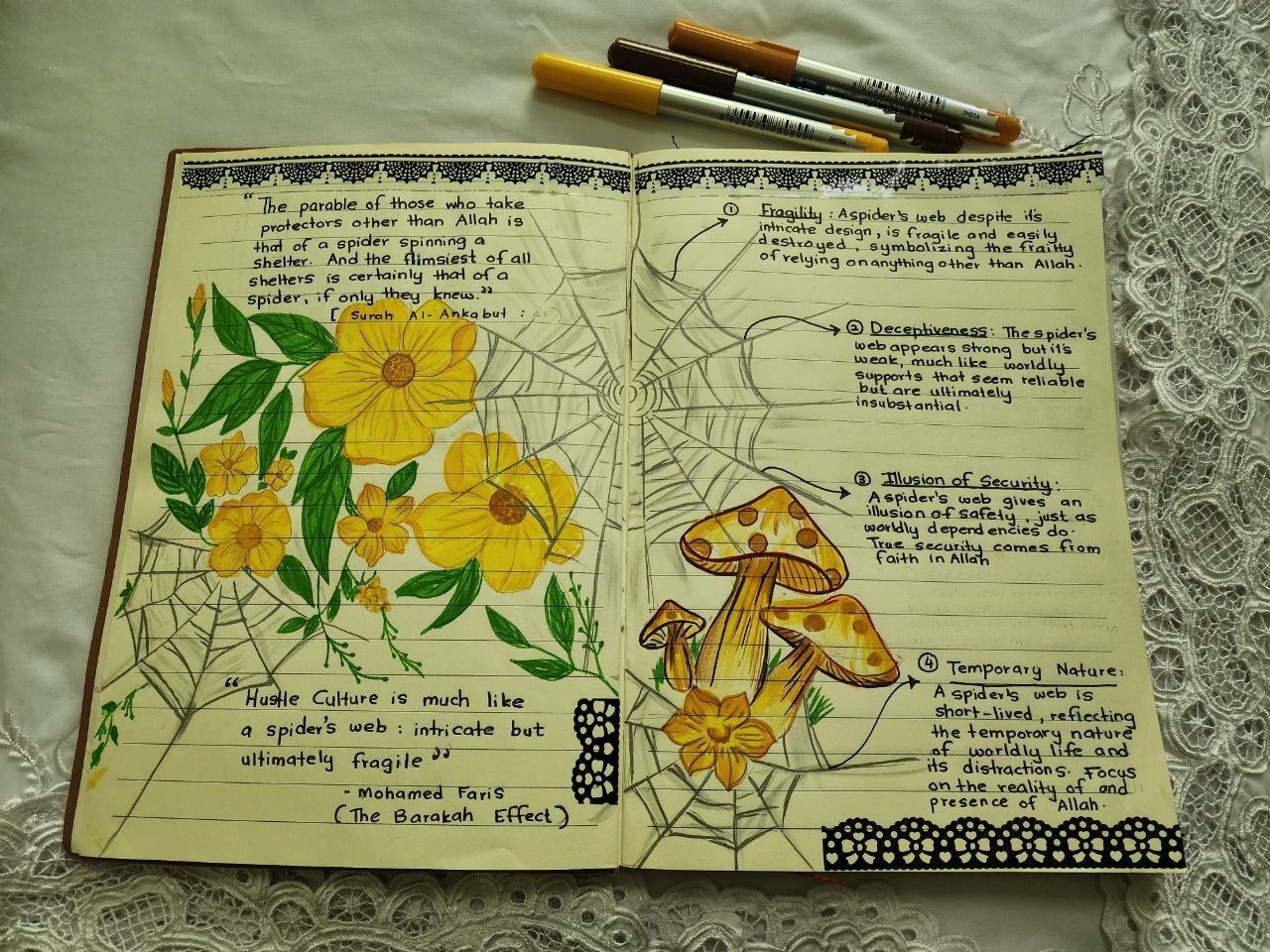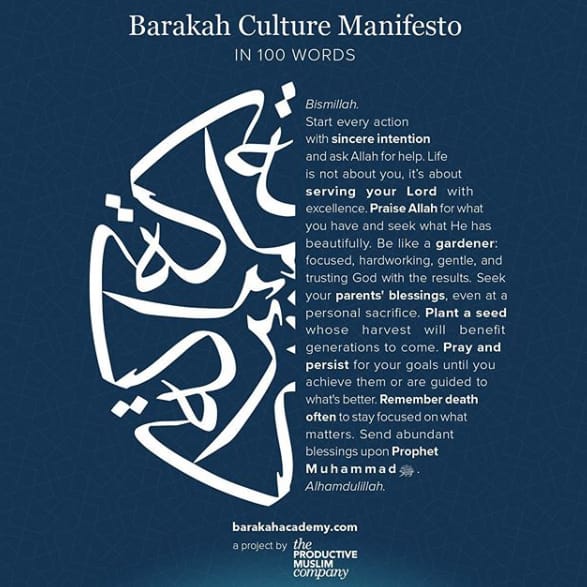- Crescent Chronicles
- Posts
- The dis-ease of hustling
The dis-ease of hustling
Do we have a cure?

Assalaamu Alaikum!
Is it just me or does everyone’s lives have become busier lately? Its become the norm to hear the question “are you busy?” when receiving phone calls. Last week I found myself asking the same question to a friend before asking anything else. Previously I’d hear “I’m so busy” only from adults, but now I’m hearing it from kids too! Everyone, including the kids have overpacked schedules with no time for themselves anymore. Being busy and overworking are being glamorized as the path to achieve success.
Are we trapped in the web of hustle culture?
Hustle culture’s roots can be traced back to capitalism, the dominant economic system of the world. A system which views everything as resources from which wealth can be extracted. A system where nature and even humans don’t have any inherent value, except when its profitable for them to exploit. Nations are in competition with each other to achieve more economic growth, while they neglect the long term consequences of their actions on nature and future generations. Businesses care more about reducing their costs and increasing their profits than the working conditions and pay of the people at the end of the supply chains of their products. Employees work themselves to exhaustion, checking off to-do lists and completing projects to earn that next promotion or raise, while their physical and mental health bear the brunt.

Illustration on the concept of hustle culture by Mariyam Umaisha
Hustle culture has seeped into the lives of almost everyone. Perhaps people are oblivious to the fact that this has even happened. In his book The Barakah Effect: More with less, the founder and CEO of Productive Muslim company writes about how work has become a religion for many professionals today. As a society, we have made material success the purpose of our lives. He also identifies 5 key pillars of hustle culture that has made us addictive to it, which are;
Materialism
Individualism
Consumerism
Capitalism
Fear of death
We may not know the term to describe our behaviour, but I think its safe to say that all of us have fallen victim to one or more of these things at some point in our lives.
The digital age has blurred the lines between work and personal lives. We live in an era where overworking is exalted and beautified by social media. We have the ease of technology in almost everything but I don’t think there has been any point in the history of mankind where people have had busier lives.
We must ask ourselves, does being busy mean you are living a productive life?
A better alternative
Its not surprising that even non-Muslims are finding out that being always busy and spending more time at work does not make people more productive. One such example is when Andrew Barnes ran an experiment in his company Perpetual Guardian when his employees were asked to work 4 days per week for the same pay. His management was skeptical of the idea but he went ahead anyway. The initial test period of two months didn’t show a fall in productivity and they made the change permanent. The employees were more productive as they received more downtime outside of work. This concept of four day work week has now taken off around the world.
The alternative to hustle culture can be found in our deen, for which Faris has coined the term “Barakah culture” in his book. There are many definitions of this term in the book, the one that stood out to me most is by Dr. Tamara Gray who defines Barakah as “ a spiritual force that brings increase to a person’s life without a defined input.” Although Muslims are already familiar with the term Barakah, its something that we have neglected and pushed into “not relevant to our modern lives” category of things as we rushed to follow the footsteps of the West. Hustle culture is rooted in the never satisfied and “more is better” worldview of capitalism while Barakah Culture is derived from Islam where we believe humans were placed in this world as “Khalifah” of Allah.

Barakah Culture Manifesto by The Productive Muslim Company
It may sound absurd to even think of an alternative way of doing things. Its natural for people to be skeptical of something that is new to them. Its only by changing things around, living and experiencing a lifestyle that is based on Barakah that we’d begin to appreciate how much better it is from the “normal” life we used to live.
Our life doesn’t end when our journey in this world ends. So why can’t we try to align our lives to a way that will help us succeed in the hereafter as well? Why should we hesitate to start our days at fajr and end it after Isha? When we neglect our deen in pursuit of anything else, we are risking our Akhirah. Is this a risk we should be taking?
With everything that’s going on in the Muslim Ummah, isn’t it time we went back to our roots and our deen and attempt to change things even a little bit?
“We can’t change society overnight, but we can change ourselves. And that is always the starting point”
“It takes courage to say yes to rest and play in a culture where exhaustion is seen as a status symbol” – Brene Brown
Jazakallah khair for reading. I would love to hear your thoughts on this. If you found this beneficial, please do share with your loved ones.
Until next time,
Samar